The Higher Education and Research bill reached its report stage yesterday (21st November). I wrote about this in the policy update last week and on the intranet here. The opposition (including the Lib Dems and SNP as well as Labour) used the amendment process to address concerns about the changes in the bill relating to research, alternative providers etc., but also to link discussions to Brexit, student immigration, student fees, loan arrangements and the Teaching Excellence Framework, as well as adult education – none of which are covered by the Bill.
UUK published a briefing for MPs attached to a blog on what they want to see changed:
- Ensuring the powers of the Office for Students and the Secretary of State are compatible with the principle of university autonomy
- Separating ‘quality’ and ‘standards’ in the bill, and ensuring that academic standards continue to be owned by the sector
- Protecting students, employers and the reputation of the sector by ensuring a suitably high bar to for new entrants
- Strengthening checks and balances for giving and removing Degree Awarding Powers and University Title
- Removing the ability for the OfS to validate degrees and clarifying its role as regulator
- Ensuring the duties of the OfS reflects the diverse range of activities carried out by universities
- Ensuring that the autonomy of the research councils is protected within the new UKRI structure.
Institutional autonomy is the first thing on their list and is linked to their second point as well. They are proposing a series of amendments that have not been picked up in the drafts so far.
They are proposing an additional change to clause 2: “for the OfS to have regard (under Clause 2) to “the need to act in a manner compatible with the principle of institutional autonomy”.”
They are asking for changes to the bill (Clauses 13, 25, 26) which
- Separate quality and standards
- Define standards (academic and threshold)
- Recognise that academic standards are sector-owned (and ensuring a sector-owned process for agreeing standards)
- Remove the reference to standards in relation to the TEF
- Give the designated body responsibility for administering registration requirements relating to standards
Autonomy of research councils – this is their point 7, they propose inserting a requirement for the SoS to undertake consultation before proposing to add or omit a council, or change the name of a council and strengthening parliamentary scrutiny for any proposals to add or omit a council, or change the name of a council, by requiring the SoS to obtain an affirmative resolution.
In the end, after a long debate that was very poorly attended by all sides (lots of pictures of empty green benches on twitter with accompanying outrage) the MPs flooded in for the voting on amendments at the end, and the Bill was approved by 279 to 214, so it now goes into the Lords. The report is here.
Most of the amendments were not pushed to a vote and many not debated at all:
- The government’s amendments, not controversial and either technical or helpful, were all agreed
- The Labour amendment on modification of student loans was defeated on a vote
- The Labour proposal to use the bill to revoke the regulations replacing maintenance grants with loans was defeated on a vote
- The Lib Dem amendment to require UKRI to report on international staff was withdrawn after the debate
- The SNP proposal of evaluation of post-study work visas was defeated on a vote
- Labour efforts to make the TEF subject to parliamentary scrutiny were defeated on a vote
- The Labour amendment that the OfS must ensure that providers are able to maintain standards and operate in students’ and the public interest was defeated on a vote
- SNP amendments on consulting devolved governments were defeated
None of this is surprising as many of these issues related to things that are not core to the bill and so were opportunistic – the immigration and loans issues were the subject of lively debate but were always unlikely to go through.
If you are interested in the maintenance grants/loans debate, the House of Commons published a short and interesting briefing in October on the impact of the changes.
On international students, there was an interesting response from Jo Johnson that caused a ripple on twitter – after all the concern about TEF being used to limit international student numbers – we are expecting the consultation imminently so this was interesting (thanks to Wonkhe for finding the quote on Hansard):
“We have no plans to introduce any cap on the number of non-EU students who can come to the UK to study. No decisions have been made on tailoring or differentiating non-EU student migration rules on the basis of the quality of the higher education institution, or on how that might be achieved…
“We want compliance to be a strong feature of our system. It is important that the sector should do all it can to be compliant with Home Office regulations… [the Home Secretary] mentioned compliance and quality. High-quality institutions are compliant institutions; they are one and the same.”
Unfortunately, the UUK amendments and more interesting and detailed concerns about the bill itself were not discussed and so it will now be up to the Lords – unless efforts in the meantime prompt another round of government amendments.
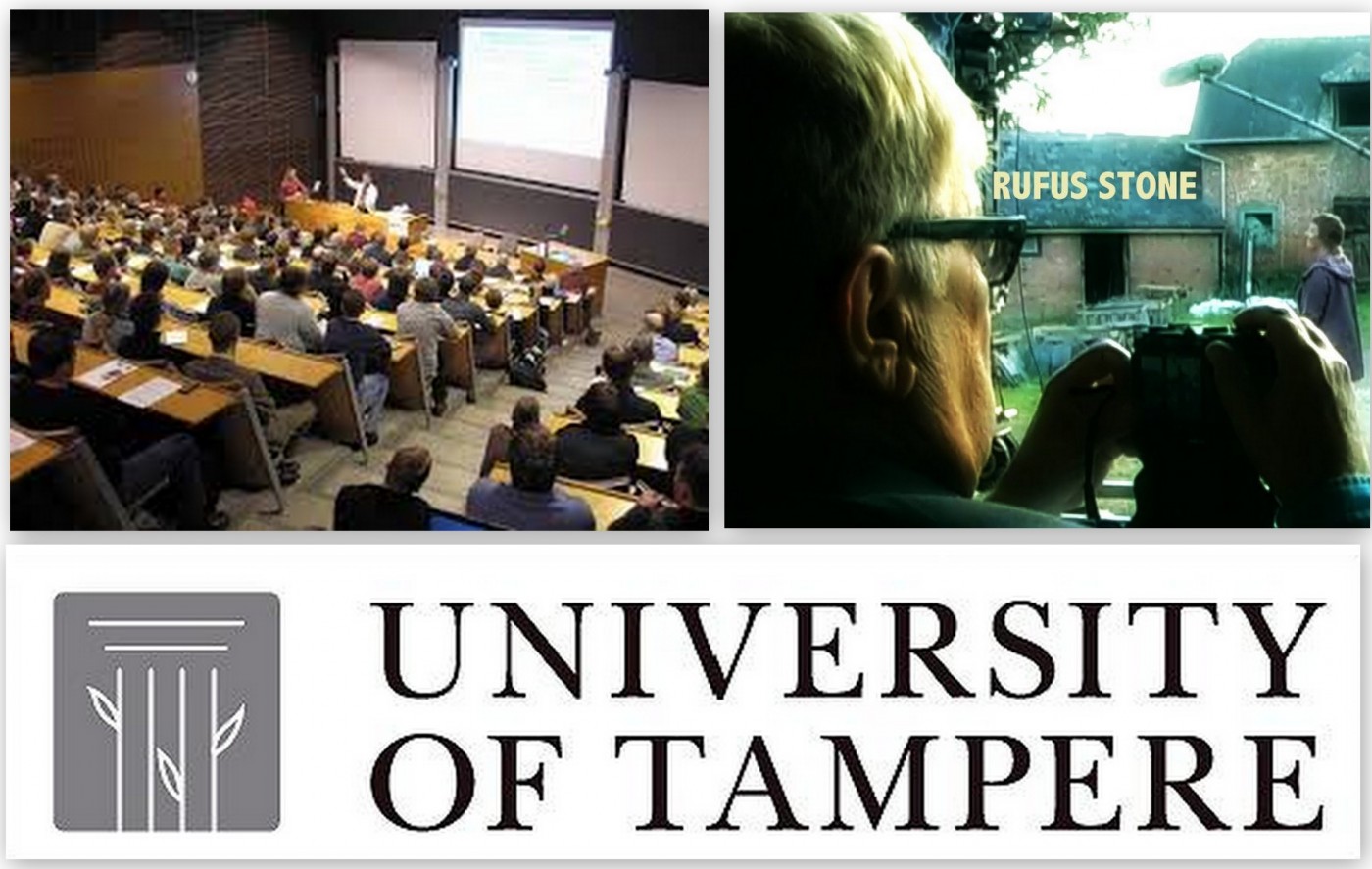
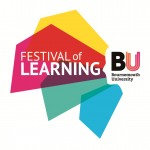 Don’t miss our drop-in sessions where we can offer you support in planning your event for Festival of Learning 2017.
Don’t miss our drop-in sessions where we can offer you support in planning your event for Festival of Learning 2017.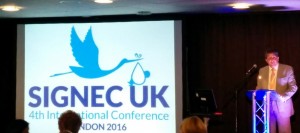
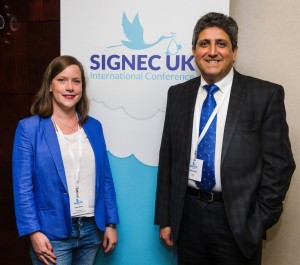 My supervisor Dr Simon Dyall and I were delighted to be invited to attend this event, since, together with Minesh, we are looking at the role of essential fatty acids in perinatal health. As stated above, NEC is a major health concern in the perinatal period, which potentially benefits from essential fatty acids. Furthermore, the event was a perfect opportunity to network with people working in the field of perinatal health and to get more ideas for future research.
My supervisor Dr Simon Dyall and I were delighted to be invited to attend this event, since, together with Minesh, we are looking at the role of essential fatty acids in perinatal health. As stated above, NEC is a major health concern in the perinatal period, which potentially benefits from essential fatty acids. Furthermore, the event was a perfect opportunity to network with people working in the field of perinatal health and to get more ideas for future research.
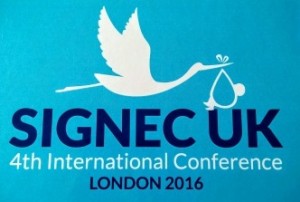 If you would like to learn more about SIGNEC UK or attend next year’s conference, please contact Prof Minesh Khashu at
If you would like to learn more about SIGNEC UK or attend next year’s conference, please contact Prof Minesh Khashu at 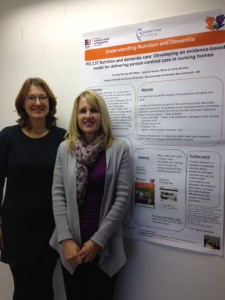

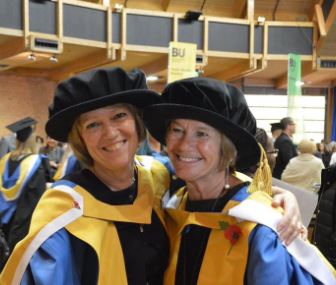
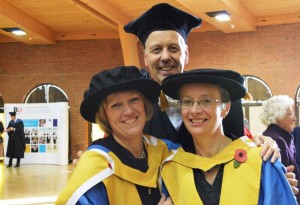

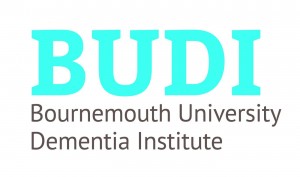











 FHSS academics teaching in Nepal
FHSS academics teaching in Nepal New weight change BU paper
New weight change BU paper One week to go! | The 16th Annual Postgraduate Research Conference
One week to go! | The 16th Annual Postgraduate Research Conference Geography and Environmental Studies academics – would you like to get more involved in preparing our next REF submission?
Geography and Environmental Studies academics – would you like to get more involved in preparing our next REF submission? Congratulations to three former BU staff
Congratulations to three former BU staff MSCA Staff Exchanges 2024 Call – internal deadline
MSCA Staff Exchanges 2024 Call – internal deadline Applications are now open for 2025 ESRC Postdoctoral Fellowships!
Applications are now open for 2025 ESRC Postdoctoral Fellowships! Horizon Europe – ERC CoG and MSCA SE webinars
Horizon Europe – ERC CoG and MSCA SE webinars MaGMap: Mass Grave Mapping
MaGMap: Mass Grave Mapping ERC grants – series of webinars
ERC grants – series of webinars